Can good business outcomes and government regulation happily coincide?
According to Forrester’s Predictions 2019: B2C Marketing report, ‘Brands know that their most valuable asset is their relationship with existing customers.’ Trust.
To build trust, consumers want control over their info, and so marketers will turn to zero-party data.
“Zero-party data is explicit, the consumer knows when they’re giving it, chooses to, and normally there’s a reward when it’s done properly,” says Scott McNealy, Founder of Sun Microsystems and Chairman of Wayin.
Zero data is data a customer intentionally and proactively shares with your brand. Zero-party data is precious because it means your customer trusts you to use it appropriately.
The latest annual PwC Australian Entertainment and Media Outlook report states that brands have failed to secure consumer trust and that the reason behind the “trust deficit” between companies and consumers is due to CMOs focusing on short-term marketing goals, ignoring the bigger picture.
“Brands haven’t invested enough in longer-term metrics like brand health and are getting too addicted to short-term transaction metrics, such as click-through rates.”
There is an implicit bargain with zero-party data. The data is provided for mutual benefit — consumers provide the data with the expectation that a brand will use it to improve their experience or provide more value back. Collecting zero-party data and not using it, or collecting more than a brand needs, is a huge mistake; it’s a failure to appropriately engage with a customer and violation of trust.
Most importantly, when a customer shares its data in this deliberate sense, it expects that the recipient, say the advertiser, will take excellent care of it. Misuse or a breach of privacy are potentially fatal and reputation destroying.
And the greater the trust is between a consumer and a brand, the better the customer experience and commercial outcome for the brand. As PwC noted, ‘companies that get the consumer trust piece right will take it to the bank and boost investor and regulator confidence’.
The flip side of this movement to zero party data and growing trust – the carrot – is the advent of new consumer data privacy and protection legislation worldwide – the stick.
In Europe and other countries, privacy is considered a human right and is written into some 150 constitutions all over the world.
A breach of privacy is a breach of trust – and, with the advent of regulation, such as privacy law, GDPR, Consumer Data Right, My Health Record etc, a potential compliance breach. Sometimes regulation goes too far and hampers commerce, however, if the settings are right, business and consumers should win.
In a recent op-ed in Time Magazine at Davos, Apple CEO, Tim Cook, wrote: ‘In 2019, it’s time to stand up for the right to privacy—yours, mine, all of ours. Consumers shouldn’t have to tolerate another year of companies irresponsibly amassing huge user profiles, data breaches that seem out of control and the vanishing ability to control our own digital lives.
This problem is solvable—it isn’t too big, too challenging or too late. Innovation, breakthrough ideas and great features can go hand in hand with user privacy—and they must. Realizing technology’s potential depends on it.
Last year, before a global body of privacy regulators, I laid out four principles that I believe should guide legislation:
First, the right to have personal data minimized. Companies should challenge themselves to strip identifying information from customer data or avoid collecting it in the first place.
Second, the right to knowledge—to know what data is being collected and why.
Third, the right to access. Companies should make it easy for you to access, correct and delete your personal data.
And fourth, the right to data security, without which trust is impossible.”
Tim Cook concludes: “individuals are trying to win back their right to privacy. Technology has the potential to keep changing the world for the better, but it will never achieve that potential without the full faith and confidence of the people who use it”. Trust!
So building consumer trust by protecting the collection, storage, use… of their data makes good business sense – and global and local regulation is enforcing this behaviour.
DGA provides guidance to Members, subscribers and participants. The information provided is general in nature only; it is not comprehensive and does not constitute legal advice. You should obtain legal or other professional advice before acting or relying on this information.
